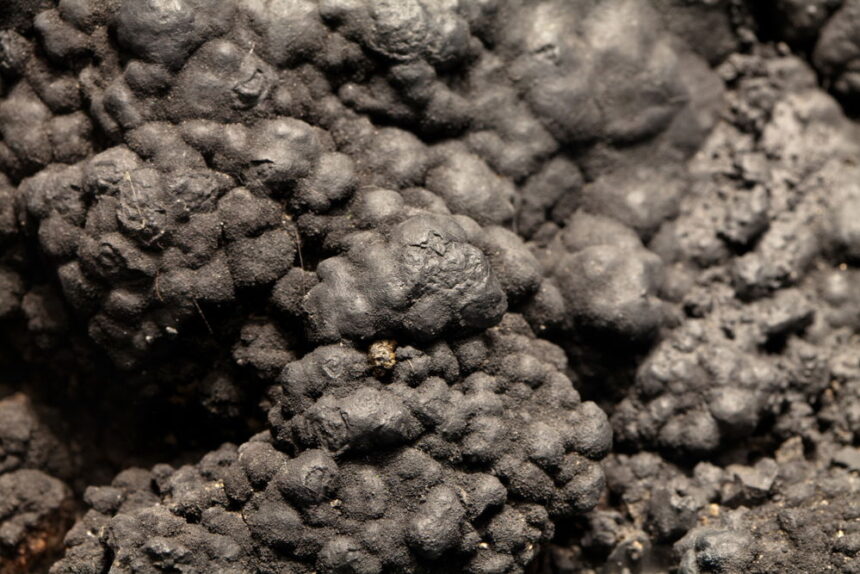Japan’s $26bn discovery.
Credit: Shutterstock, JUN3.
Japan’s $26bn discovery: A deep-sea jackpot with a deep-seated cost.
In a discovery that’s got economists giddy and environmentalists reeling, Japan has found something very special deep under the Pacific Ocean.
Scientists have uncovered a seabed covered with nodules near Minami-Tori-shima Island worth a staggering $26.29 billion. But while the find promises to turbocharge Japan’s economy for the next decade, critics warn it could sink marine biodiversity into uncharted waters of destruction.
A buried fortune unearthed
The seabed is 5,700 metres down, glistening with manganese nodules – millions of years in the making – packed with cobalt, nickel, copper, and more. A survey by The Nippon Foundation and the University of Tokyo revealed the underwater treasure trove, located some 1,200 miles from Tokyo.
The nodules are estimated to hold 610,000 metric tons of cobalt and 740,000 metric tons of nickel. At today’s market prices – $24,300 per tonne for cobalt and $15,497 for nickel – that adds up to eye-watering amounts of cash.
Cobalt and nickel are critical components in electric vehicle (EV) batteries, jet engines, and chemical processing, making them indispensable in a world hurtling towards greener energy.
Digging deep – but at what cost?
While Japan gears up to mine “three million tonnes annually” from 2025, experts are urging caution. A recent study has cast a dark shadow over the plan, revealing devastating effects on ocean ecosystems from deep-sea mining.
Dr Travis Washburn of the Geological Survey of Japan ran a small-scale mining test and found a 43% drop in fish and shrimp populations just one year later. And that was after only two hours of operation.
“It was actually enough to shift things dramatically,” Washburn said. “The sediment plumes alone are a problem, drifting for hundreds of meters and smothering marine life. And this was just the start.”
The double-edged sword
Supporters argue the project is vital for Japan’s economic security. By tapping into domestic resources, the nation can slash its reliance on imports and build a self-sufficient supply chain for the booming EV industry.
“We expect this discovery to boost Japan’s growth and cement its position as a science-technology leader,” said Yasuhiro Kato, a University of Tokyo professor involved in the project.
But conservationists, like Sophie Benbow of a leading marine charity, warn of irreversible damage. “We’ve barely scratched the surface of what deep-sea species can teach us – from medical breakthroughs to new technologies. Mining risks wiping out these ecosystems before we even understand them,” she told the BBC.
Gold rush or environmental gamble?
With Japan poised to rake in billions of dollars, the world watches as the nation charts a course through uncharted waters. Is this the future of green energy or a death bell for marine life? The stakes couldn’t be higher.
Only time will tell if this $26bn discovery is a blessing or a curse.
Stay tuned for more news.
Get more world news in English.
Find more news in English from around Europe.










